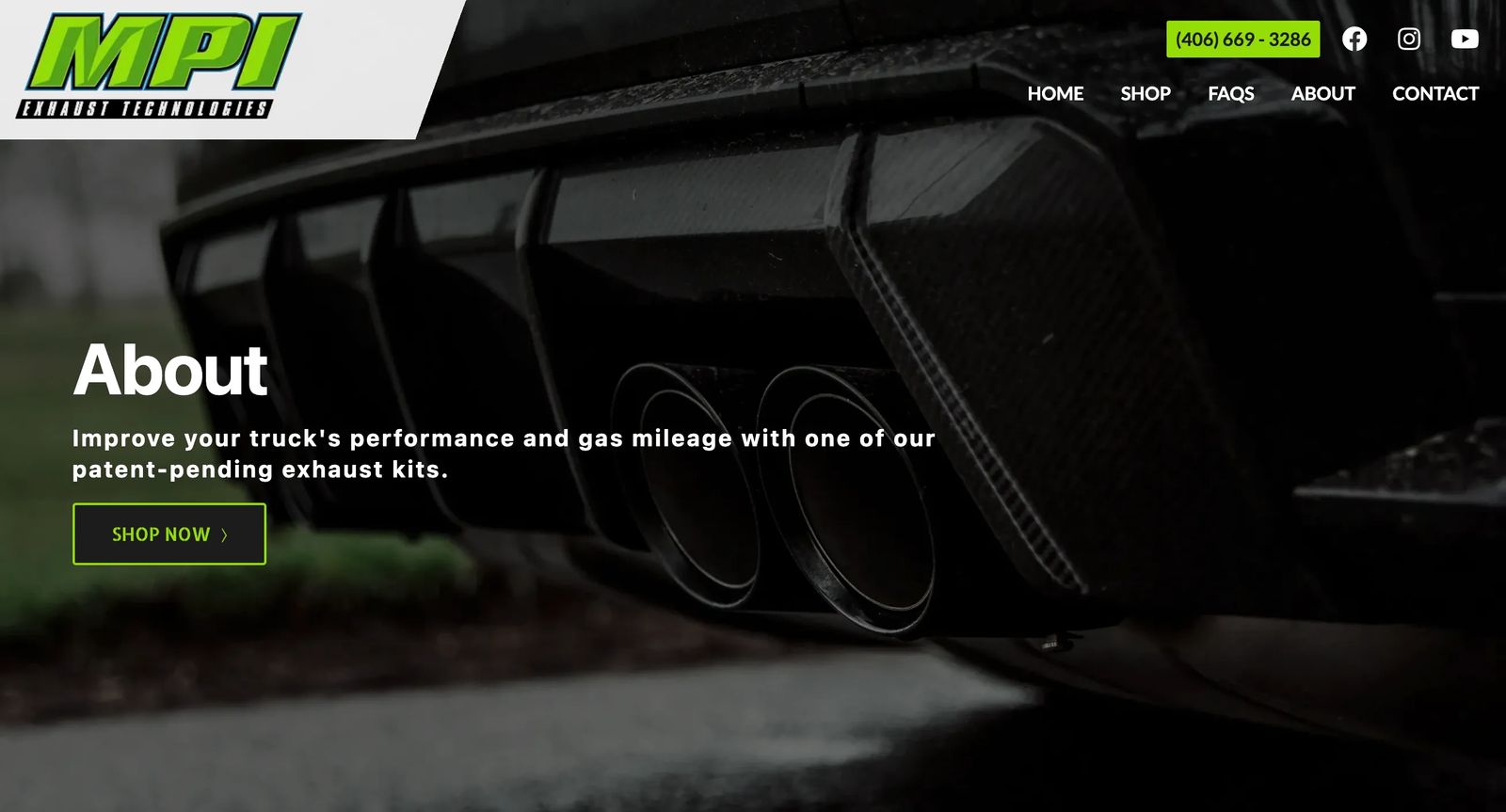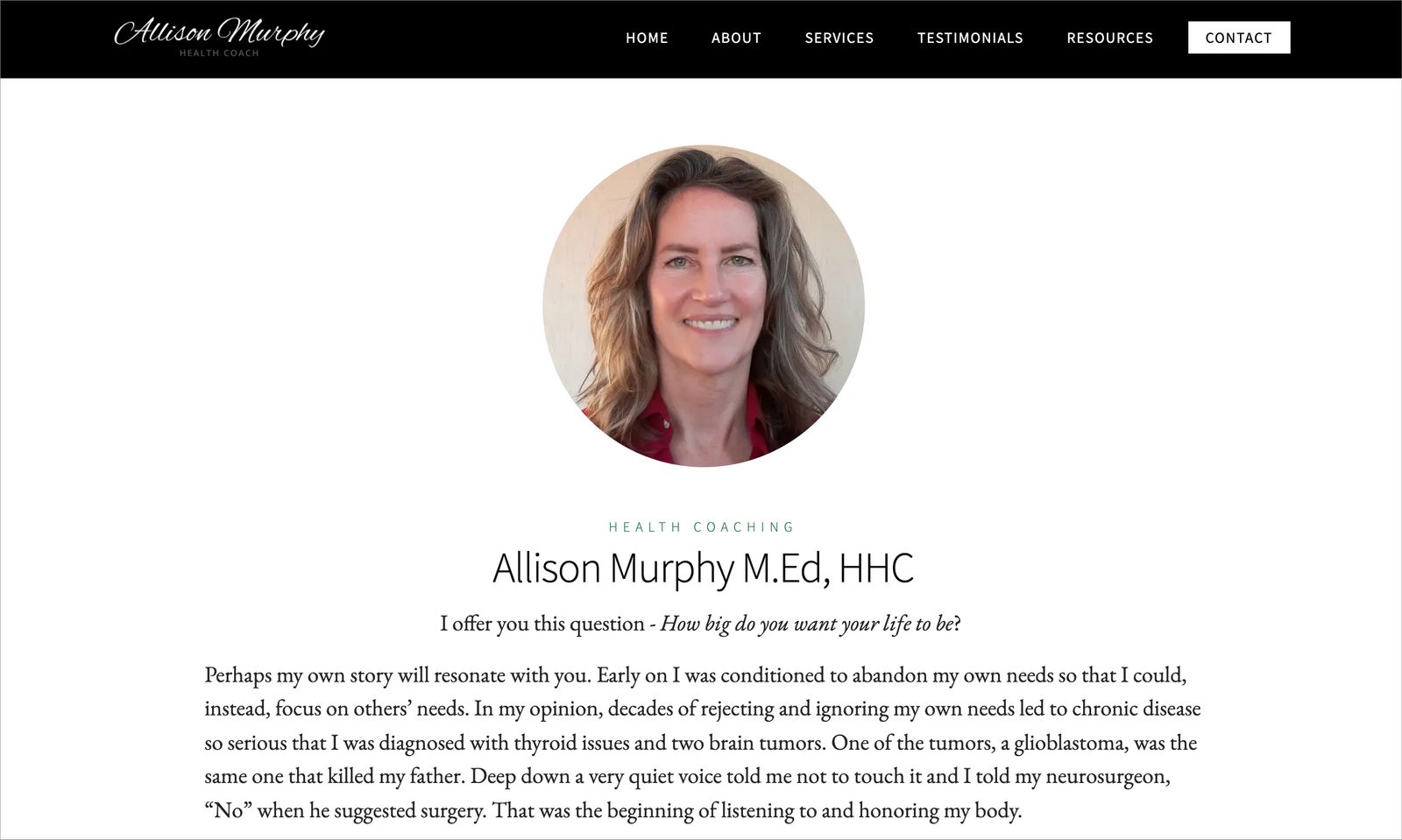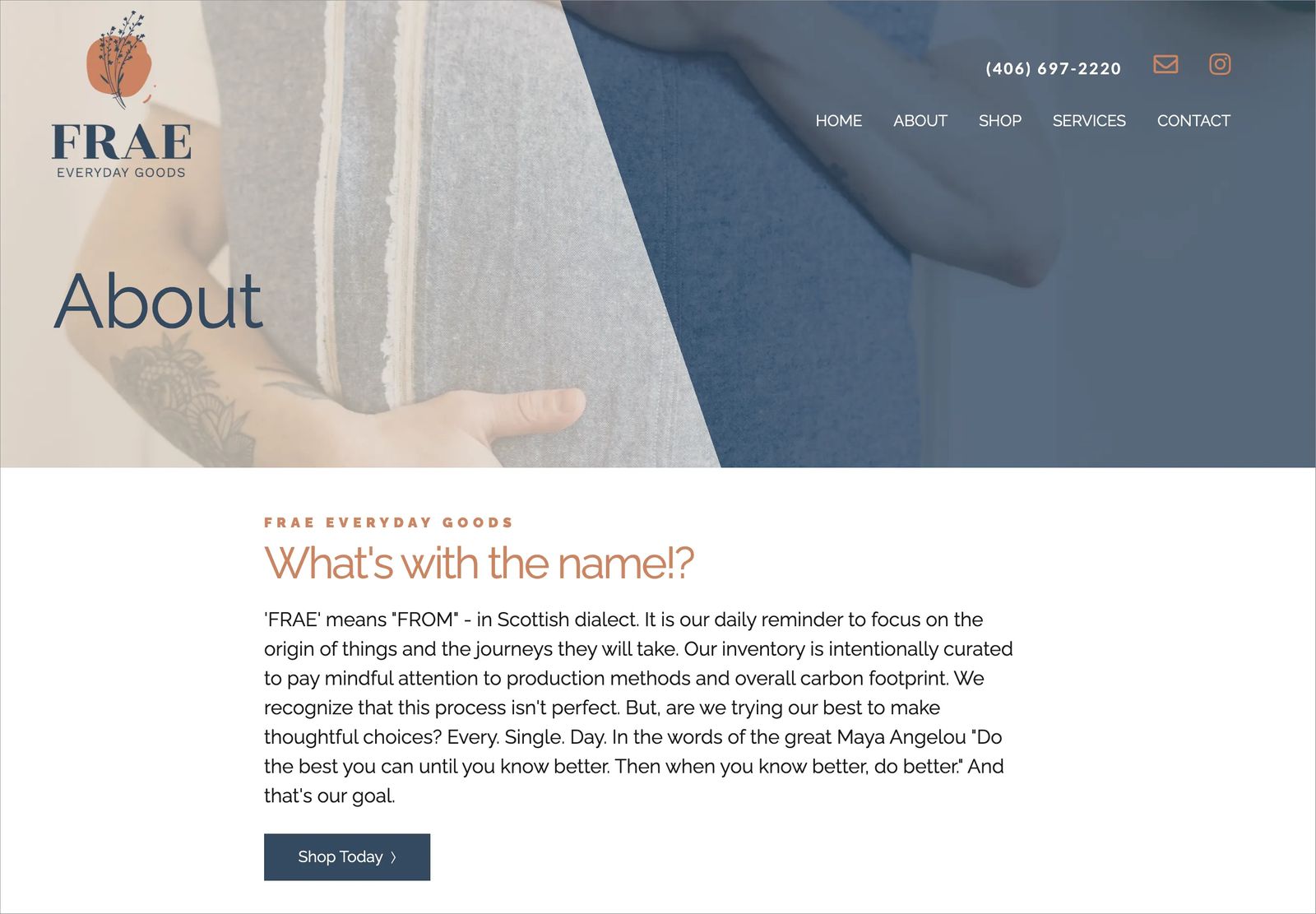
What to include on your about page
Jessica Baldwin / Updated June 4, 2022
Most small businesses, non-profits, and solopreneurs need to include an "about" page on their websites. The about page is where you describe the experience and expertise behind your team and your company.
Why is the about page important?
Your website strategy should include a focus on building trust with your audience. Testimonials, case studies, professional endorsements, award mentions, affiliations, and FAQs, are a few trust-building assets to consider including on your website. The about page is one critical piece to this puzzle.
For a moment, think about a person who's looking for your products or services. They land on your website for the first time due to a Google search or a link they clicked on from social media. First, they will try to understand what your business does and why it matters to them (how your product or service can help them). Shortly after that, they'll want to ensure your business or organization is reputable. They'll visit your about page to learn more.
What should you include on the about page?
Show that your business is reputable and trustworthy by including detailed information about your background and experience. Your about page can expand to an "about section" with additional subpages as needed.
Here are a few questions that your about section should answer:
Who is behind the organization?
People like working with other people. They want to know that someone will be accountable for their experience with the company. Include information about yourself as the business owner within your about section. Include your professional background, and depending on your brand voice, think about adding a few personal aspects about yourself to showcase your personality.
If there are multiple people behind your organization, include information about the team. Each member can have their own long or short bio within the about section of your website.
What does this business do?
Hopefully, your homepage and the other sections of your website answer this question. However, it's still a good idea to provide an overview of what your organization does and the products or services it offers. Write a summary for this page as though someone may only visit this page without seeing your homepage or the other sections of your website. If you met someone in the elevator, how would you quickly describe what your business does? Use the answer to this question to write a brief overview for your about page.
How is this person or organization qualified to help me?
Provide background on your business's experience and qualifications. How long have you been in business? Have you or members of your team earned degrees or completed specific training that qualifies you for the work you do? Are you a member of a professional association? Have you earned awards or accreditations that matter to your potential customer?
Including your company's core values will help the reader understand that in addition to being qualified to help them, your business is one they want to do business with because you hold values they can support.
Assure your target customers that your company has the knowledge and experience to deliver on the statements you're making throughout your website.
About page checklist
Below are a few elements to consider including on your about page.
- Company overview
- Company background and history
- Individual bio (for solopreneur businesses)
- Team bios (if you have additional people in your organization)
- Location, service, or distribution areas (U.S., Worldwide, just in your city?)
- Company values
- Accreditations, awards, endorsements
- Contact information or a link to the contact form
Common subpages of the about section
It's common for additional information to be nested within the website's about section. Below are a few pages that will often appear in the about section.
- Team
- Employment (or Careers)
- Media (or Press)
- Legal (terms of service, privacy policy, cookie policy)
About page examples
Let's take a look at a few about page examples.
MPI Exhaust Technologies
MPI Exhaust Technologies sells patent-pending exhaust kits online. While its unique technology ensures that its products stand out against the competition, its about page helps distinguish the company further by detailing its founder and history.
It also includes a product video that details the benefits of MPI exhaust kits.

Allison Murphy Health Coach
Allison Murphy provides holistic health coaching that connects her clients' physical, emotional, and spiritual parts. It's necessary for her clients to trust her background and expertise in her industry.
Her about page details her personal story of her health struggles and how she overcame them. After that, she includes her qualifications by listing her education, certification, credentials, awards, and published works.
The about page gives the reader insight into Allison as a person and a coach and will help them determine if she's the right fit for their health coaching needs.

FRAE Every Day Goods
FRAE Every Day Goods is an e-commerce and brick-and-mortar retailer focused on ethical and sustainable products. The business explains why it chose its name and how the name reflects the brand's values on the about page.
The page also features the products and services offered by the company and a bio for its founder.

About page design and layout
Your about page doesn't need to be complex. Simple design and layout considerations can help provide visual interest and make the information more consumable.
Be sure to use descriptive headings to break up the paragraphs of text. Add photos for the people within the organization whenever possible. Use color to highlight specific information on the page.
Include lists and bullet points to outline key stats. Include logos for award or industry affiliations that are important.
Conclusion
Use the simple framework in this article to create an effective about page for your website. Remember to regularly revisit and update your about page to ensure that the information is current.
Again, keep in mind that the goal of the about page is to build trust with your target audience. Tell them about your team and company's background and expertise, so they feel more confident in taking action to do business with you.
Get your free website planner.
Getting organized is the first step to website success.







